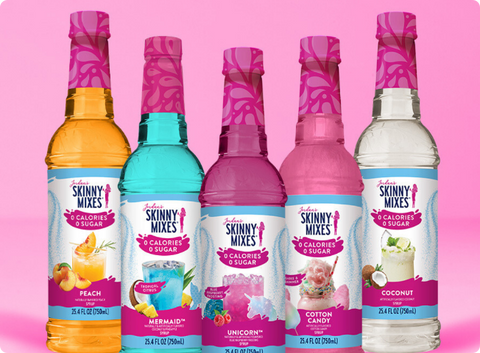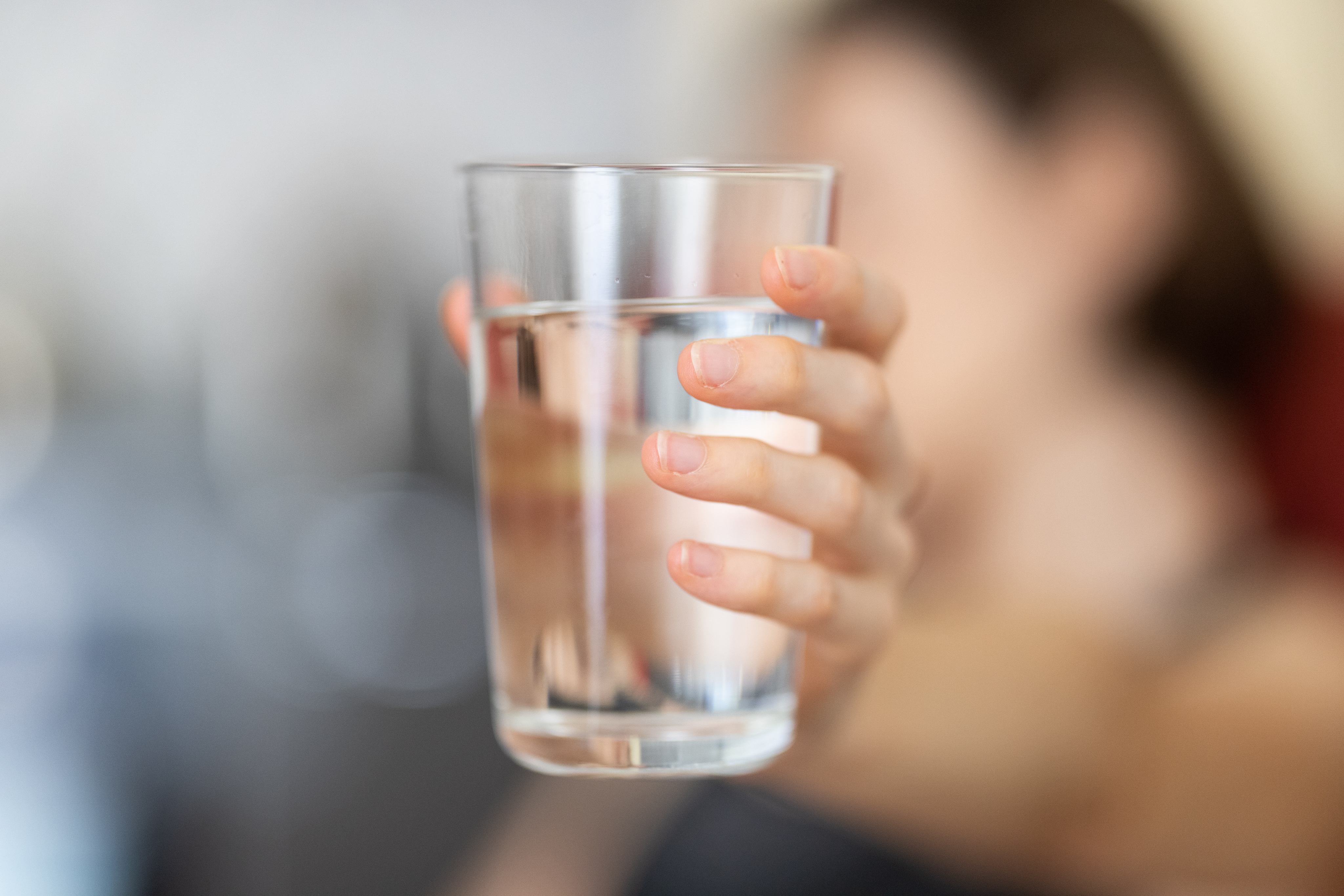Can a Bottle of Water Go Bad?
Does water have an expiration date? No, bottled water doesn’t go bad. The Food and Drug Administration (FDA) doesn’t even require water bottles to have expiration dates. However, while the water itself doesn’t go bad, the bottle you buy it in may expire. Over time, chemicals from plastic water bottles could leak into the water it contains. Drinking such water harms your health because chemicals such as bisphenol A (BPA) enter your body. So, you should drink water from BPA-free water bottles.
Can Tap Water Go Bad?
You can store and drink tap water for up to six months with a low risk of adverse health effects as long as you store it properly. However, carbonated tap water may become flat as carbon dioxide slowly escapes from it, changing its flavor, and regular water can develop a stale taste with time. This occurs after carbon dioxide in the air mixes with water, making it acidic. While these types of water can have an off taste, they’re still considered safe to drink for six months.
To store tap water, use sanitized and well-cleaned water containers. Label your containers with the fill-in date and indicate that those containers contain drinking water. Store your water in a cool, dark, and dry place for up to six months.
Looking for more information on how many glasses of water you should be drinking each day or even what the best zero-calorie simple syrup to add to other beverages is? Check out our latest articles.
Can Bottled Water Expire?
In 1987, New Jersey passed a law stating that all food products, including bottled water, must have an expiration date of two years or less from the date they were manufactured. Once this law passed, bottled water manufacturers needed to print an expiration date on water bottles across the country. However, this law later changed, and no current regulation in the U.S. requires bottled water manufacturers to print expiration dates on water bottles.
Still, it’s not wise to drink water from plastic water bottles beyond the expiration date, because plastic can leach into the water over time, contaminating it with chemicals like BPA and antimony. In addition, frequently drinking water with plastic chemicals can compromise your immunity, gut health, and respiratory function as plastic compounds accumulate in your body.
How to Store Bottled Water Properly
Storing bottled water properly inhibits bacterial growth, reducing the risk of adverse effects, such as stomach pain, nausea, diarrhea, and vomiting. Warm temperatures can facilitate bacterial growth and increase the entry of harmful plastic compounds into the water. Storing bottled water in a cool, dry place away from direct sunlight fosters proper food safety, reducing your risk of adverse health effects. If you realize your water has an odd odor or taste, throw it away or boil it before drinking.
Because plastic water bottles are slightly porous, it’s a good idea to store bottled water away from household chemicals and cleaning supplies.
Final Thoughts
As long as your water is stored properly, it’s important to find ways to remember to drink more water throughout the day. Though it’s not mandatory, bottled water often has an expiration date. Because plastic can leach into bottled water, it’s a bad idea to drink it beyond its expiration date.
You should store bottled water in a cool and dry place, away from direct sunlight and keep it away from household cleaning chemicals and supplies. Tap water can be stored for up to six months–after that, observing proper storage techniques reduces the risk of adverse side effects and ensures your water is safe for consumption.




















